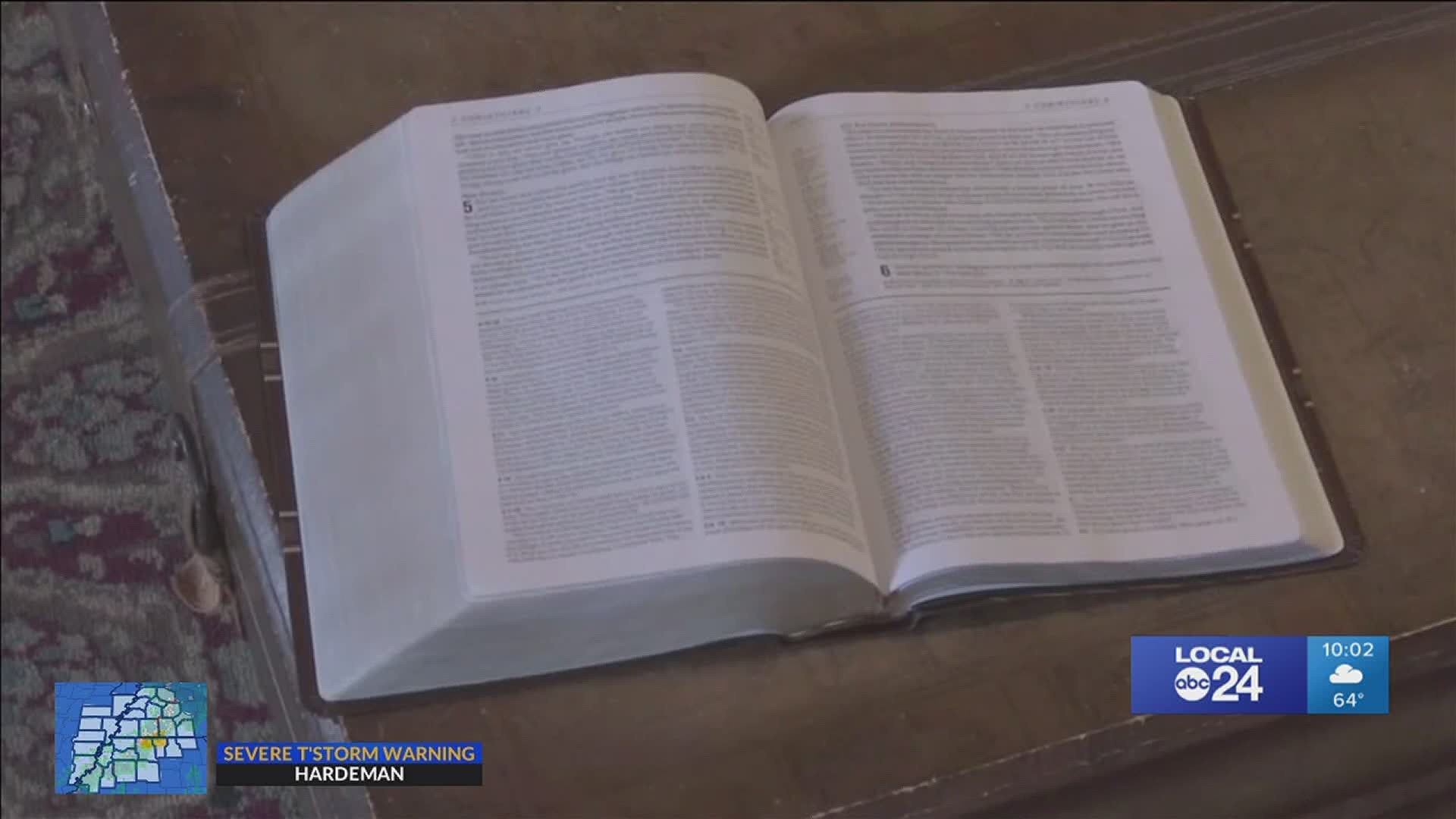MEMPHIS, Tenn. — Lawmakers in Nashville are trying to make the "Good Book" Tennessee's "official book" again.
The bill has passed the House and is now on its way to the Senate.
State Rep. Jerry Sexton, who is proposing the idea, stated in the bill "the Holy Bible is found in homes across the State and has been "used" for practical purposes such as recording family histories." He also said it "plays a vital economic role in Tennessee."
However, former Gov. Bill Haslam vetoed the proposal in 2016, saying a book like the Bible should not be "recognized only as a book of historical and economic significance."
According to a Pew Research poll, 81% of Tennesseans follow Christianity. In fact, no other state produces more Bibles than Tennessee.
Memphis Rabbi Sarit Horwitz said although she connects with many of its teachings, she is not sure what value the Bible would have by being the official state book.
"My next question is then how it might make someone feel if they’re actually not connected to the Bible in a religious way if it’s not a part of their faith tradition," Horwitz said.
University of Memphis constitutional law professor Steve Mulroy said the bill may violate the First Amendment.
"A Supreme Court precedent indicates that if a state does something that sends a message of endorsement of religion, either a particular religion or religion in general, then that violates the separation of church and state," Mulroy said.
Horwitz said the bill would leave out Tennesseans, such as herself, who contribute to living here but have a different faith.
"I want to feel included as part of this state that I pay taxes to, I contribute to, and that I feel connected to," Horwitz said. "Not that official elements are being put in place that say this is what it means to be a Tennessean and it doesn’t apply to me."
Mulroy predicts, if the bill becomes law, it's likely headed to court. However, its chances of passing in the Senate are slim since Lt. Gov. Randy McNally has already said making the Bible would actually "minimize its importance."
"Unless you have a religion-neutral reason to explain why your singling out this particular holiday or this particular book then you run the risk of it sending the message, either intentional or otherwise, that you are in fact holding this religious tradition up for special favor," Mulroy said.

